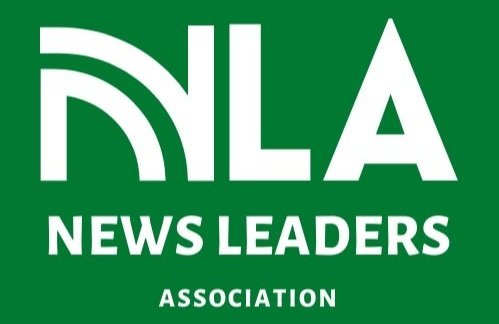Federal grant funding obscures how government is funded, diffuses accountability
By DAVE DALEY
For close to a year now, the Wisconsin Policy Research Institute has been wrestling with the U.S. Department of Housing and Urban Development to obtain a report on what steps, if any, HUD took to stop misuse of more than $2 million in taxpayer funds by a Wisconsin tribe.
The issue seemed simple enough: A routine audit found irregularities in how the St. Croix Chippewa tribe in northwestern Wisconsin used $2.3 million in 2015 in HUD grants meant to help the poorest in the tribe find decent housing. The 2015 audit of the tribe found that:
More than $776,000 in back rent was owed the tribe and probably never would be collected.
The tribe’s Housing Authority awarded $308,000 to contractors without following rules on how vendors are evaluated and selected.
80 percent of the authority’s tenant case files did not have the required income recertification information needed for a tenant to qualify for rent-subsidized housing.
The audit also uncovered a mystery — $85,000 in loans, which the auditor said were from the “HCRI loan program,” were made by Housing Authority officials to themselves. HUD has no such loan fund, however. HCRI is a state program — the Housing Cost Reduction Initiative. But, a state official said the last HCRI grant to the St. Croix Chippewa was in 1992.
The same findings had been made in 2013 and 2014, apparently with no effort to follow up by HUD, until they were reported in a WPRI story. Then HUD assigned a team to review the audit and produced a report that, presumably, outlined what changes HUD ordered to correct the problems.
WPRI filed a request in May for the report under the Freedom of Information Act, the federal law that requires federal agencies to make records available “promptly.” That was nine months ago. WPRI is still waiting.
Bill Lueders, president of the Wisconsin Freedom of Information Council, said it’s par for the course.
“Federal agencies have over time adopted a culture of contempt for the public’s right to know,” he said. “They (federal agencies) don’t make handling records requests a priority, they don’t do it well and nobody holds them accountable.”
It’s especially difficult for the public, journalists and even politicians to track the hundreds of billions of dollars in federal grants distributed to states, local governments and private entities. Those grants account for a huge portion of federal spending — $628 billion in all — and one-third of Wisconsin’s budget, paying for everything from Medicaid to schools to roads.
But try to follow the money and you can find yourself in the back alleys of government — alone and in the dark. And that’s by design, some say.
The grants-in-aid system “is just a political ploy to reduce responsibility for people who are blowing taxpayer money,” said Chris Edwards, director of tax policy studies at the Cato Institute and editor of DownsizingGovernment.Org. “The entire purpose is political — to give politicians credit for spending and reduce political responsibility and give politicians at all three levels of government more talking points. It actually reduces responsibility.”
David French, a writer at the National Review, agrees.
“Congress has intentionally abdicated authority” to the Washington bureaucracy, he wrote recently. “We like to think of our nation’s public servants as virtuously toiling away for the public good, and many of them do. Many, however, do not, and it’s extraordinarily difficult to hold them accountable.”
It’s a familiar story to anyone who tries to track federal grants-in-aid spending, which is controlled not by elected officials who are supposed to be responsive to voters, but by a large faceless and mostly unaccountable bureaucracy.
“Some of the worst, most inefficient bureaucracies I’ve heard about over the years include HUD and the Bureau of Indian Affairs,” said Edwards. “Personally, I find it sickening that these bureaucracies aren’t responsive to the citizens and journalists.”
Dave Daley is a reporter for the Wisconsin Policy Research Institute’s Project for 21st Century Federalism (wpri.org). He was a statehouse and federal courts reporter for the Milwaukee Journal Sentinel.

